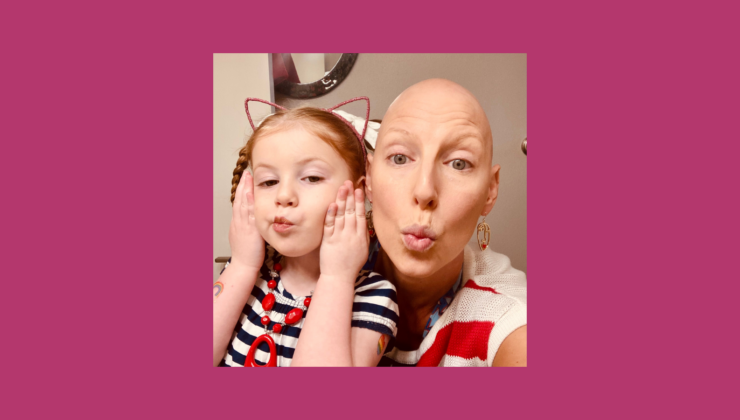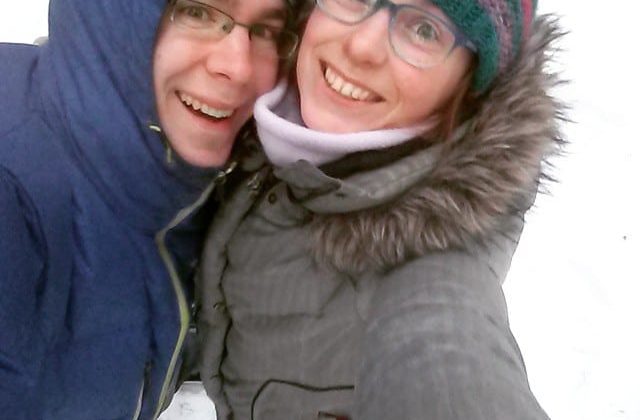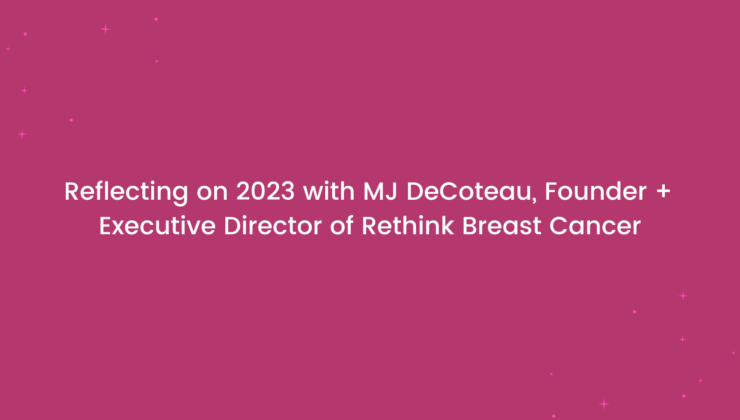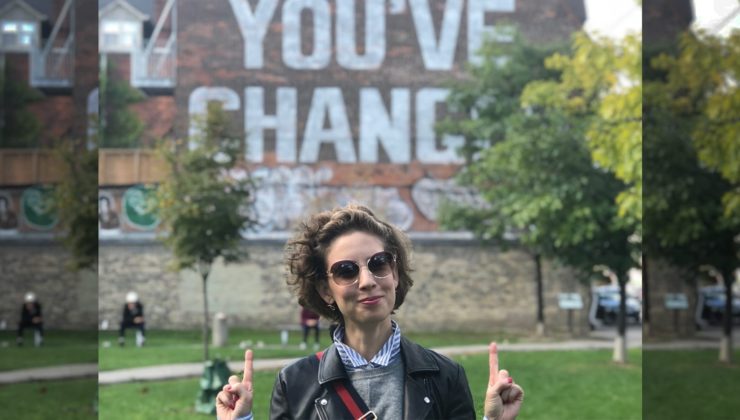When There Is Will – We Can Make Change Together
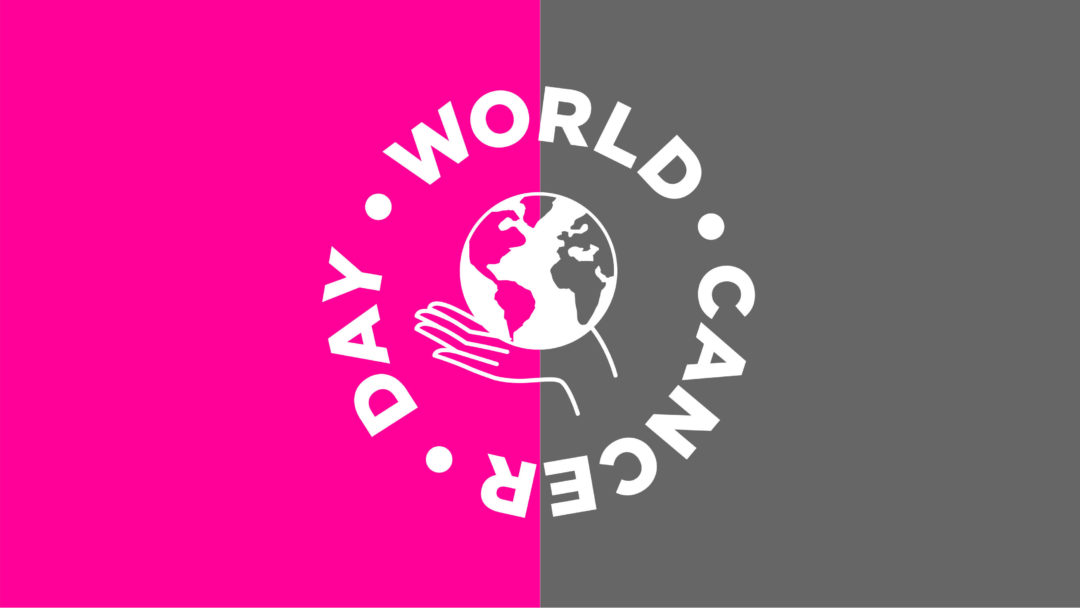
Today is World Cancer Day. If you’ve been affected by cancer or if you’re concerned about cancer, today is a day to put up your hand to show the world the sheer volume of us affected. Honestly, the whole world should have their hand up today as cancer continues to directly affect 1 in 2 people. World Cancer Day has been gaining traction as an official day recognized around the world by patients, caregivers, health care professionals and others who are concerned about the effect cancer has on our lives and want to see improvements.
This year’s WCD theme – I Am And I Will – really speaks to me. Just last week, I shared the stage at a speaking engagement with one of our MBC Advisory Board members, Vesna. We’ve done a few of these gigs now and we’re an effective one-two punch, if I do say so myself.
Vesna’s become a real leader in the MBC community. Quietly strong. Gracefully gutsy. Insightful and inspiring. As she told her story, I glanced around the room and saw many eyes being dabbed. She’d done her job, which was to help people understand the realities of living with MBC and help them understand the urgency. Now I had to do my job: share Rethink’s strategy and circle back to a strong call to action. Essentially, I declared “I am an MBC Ally and I will help those with MBC to live better and live longer.” Then asked them to do same.
I truly believe that where there’s a will, there’s a way. And if we can get many voices to share the same “I will” then “the way” will happen sooner for we all know it takes many voices to affect real change. My hope is that many of you will join me on World Cancer Day and make my declaration yours too.
Last fall, we launched a campaign to rally 10,000 MBC Allies to stand together to double the median overall survival of MBC by 2025. It’s an ambitious goal, but we believe if we will it through smart strategy, tenacity and collaboration, it will be achieved.
As we’ve moved into this new year (and new decade!), we’ve done a lot of fact finding and analysis to figure out where, in our complex and, let’s face it, somewhat broken healthcare system, we need to focus our advocacy efforts and drive change. Here are four areas we’re focusing on so we can make a real difference:
Counting MBC in Canada
We need government and the medical community to track and understand MBC statistics like prevalence, incidence and recurrence rates, which isn’t currently being done. Without this, how can we truly understand the situation or track progress? And, those with MBC certainly deserve “to count.” I think we all assume that “big data” is just implemented already and everything is being tracked (kind of like Google knowing our every move). At the moment, our cancer statistic collection progress only captures those diagnosed with MBC as their initial diagnosis. Our system captures the number of women diagnosed with breast cancer each year and the number who pass away each year but it does not track recurrences. We don’t know how many women are becoming metastatic a year after initial diagnosis, three years later, six years later and so on. We need this information to track progress and push for improvements. Enough with celebrating five-year survival statistics and thinking that means breast cancer is “one of the good ones.” We need robust data.
Genetic Testing
A deeper understanding of an individual’s breast cancer has the potential to employ more targeted treatments to improve MBC patients’ outcomes. This is the future of advancements in breast cancer and Canada needs to level up. Evidence points to our narrow criteria for genetic testing missing lots of women who are carrying one of the BRCA genes. This information is so important to women who carry hereditary genes so that they can make decisions around treatment and inform their families. Increased testing will save so many lives.
Take-home Cancer Treatments
Three of the most recently approved treatments for MBC are oral medications. Yet despite their effectiveness, in Ontario and the Atlantic Provinces, these treatments will not be publicly funded for women under the age of 65. This has to change. You’ve heard us fighting for access and then celebrating the long-awaited arrival of breakthrough treatments like Ibrance and Kisqali. These oral treatments for MBC are approved for funding across Canada yet women under 65 years who live in Ontario or Maritime provinces face loads of paperwork and delays to start treatment. Delays to start treatment aren’t okay for anyone, especially those with MBC.
New Funding Models
We need new and innovative funding models to get treatments to patients faster, without all the financial risk put on public payers. As breast cancer treatments become more targeted, the number of trial participants are smaller. If our current outdated system isn’t working, I’d love to say “out with the old, in with the new” full stop. The reality is that I think this is one area where we can ask drug manufacturers and government to try a pilot project to test some more flexible models.
So, clearly, we have lots of work ahead of us in 2020. Are you in? Despite our good ideas and relentless efforts, we can’t achieve this alone. We can start the engine, but the will of many is what drives advocacy to the finish line.
If you haven’t yet pledged to be an MBC Ally yet, let World Cancer Day be the day. Will you join us? – MJ DeCoteau

